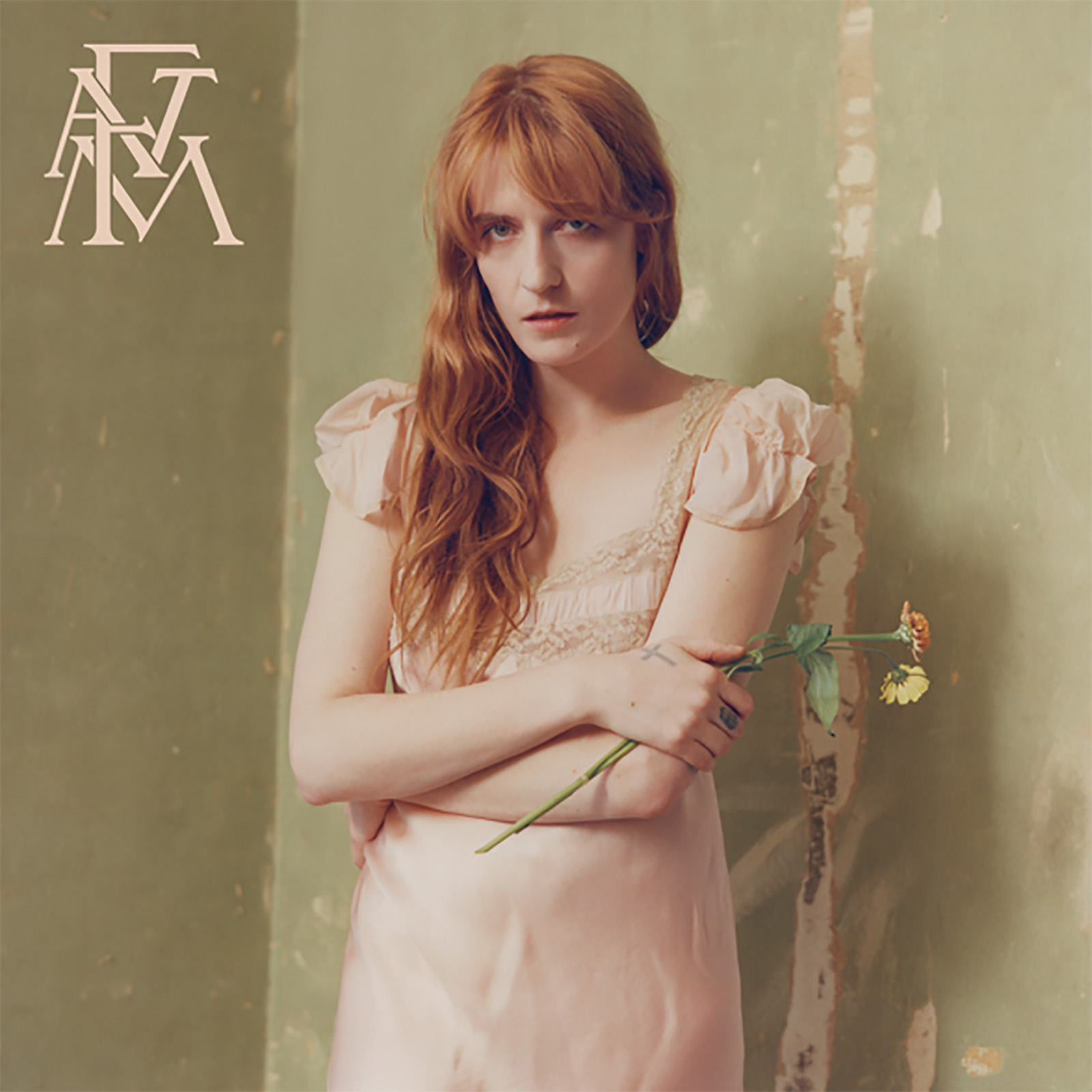Album review: ‘High as Hope’

(Courtesy of Virgin EMI Records)
By Andrew Warner
June 30, 2018 2:00 p.m.
Florence and the Machine’s latest album has the same whimsical fairytale sound found on the band’s first three releases. But make no mistake: “High As Hope” represents a major shift in the group’s overall demeanor.
Although lead singer Florence Welch took on the persona of an enigmatic character on previous releases, she bares it all on the new album, delving deeper into her own personal life without lacing in heavily figurative language, a technique common to the band’s prior works. As a result, “High As Hope” develops a new aesthetic for the band – one that interweaves the group’s older, fantasy-inspired aura with a more modern and open lyrical tone.
Case in point: “Hunger,” the album’s second single, opens with the lines “At 17, I started to starve myself, I thought that love was a kind of emptiness.” The lyrics – a reference to an eating disorder Welch suffered from as a teenager – are far more explicit about her personal life than ever before.
Such lyrical precision dominates throughout “High As Hope,” with songs like “South London Forever” and “Patricia” serving as strong examples. But the most obvious example is the album’s final track, “No Choir.” In its opening line, Welch proclaims, “It’s hard to write about being happy ’cause the older I get, I find that happiness is an extremely uneventful subject.” The song employs a stream-of-consciousness narrative, as if Welch is improvising and singing whatever comes to her mind, rather than carefully calculating what each word and phrase will represent.
Rather than encrypting her message behind easily misunderstood language, as she’s done in the past, the song has an unparalleled sense of lyrical clarity, lending the lyrics stronger accessibility and relatability.
The album’s highlight – both lyrically and vocally – is, without a doubt, “Big God.” Released as the album’s third single June 19, the song discusses Welch’s response to a lover ignoring her text messages. The lyrics transform a rather normal phase in a break up into an event of massive proportions with lines like “I still like you the most, you’ll always be my favorite ghost” – a clever reference to the act of “ghosting” someone.
Welch has always been a vocal force to be reckoned with, but “Big God” solidifies her reputation and confirms her extraordinary talents. Her forceful and controlled voice helps to bolster the weight of the lyrics. She begins the song in a very low register, with her notoriously powerful vibrato drawing out the end of phrases like “You need a big god.”
Welch sings with a hollowness to her voice in the opening lines, as if she’s vocally mimicking the void she sings about. The stripped down arrangement – just her voice, some simple piano chords and the occasional percussion sound – adds an ominous element to the tune, reminiscent of “Remain Nameless,” off the band’s sophomore album, though it sounds more sinister.
Other high notes on the album include “100 Years” and “The End Of Love.” On the former track, Welch wistfully croons about her everlasting love for a romantic partner atop harps and piano chords, while the latter employs interesting narrative techniques like breaking the fourth wall. Both are stellar examples of the band combining Welch’s new songwriting style with a fantastical and almost antiquarian aesthetic.
“High as Hope” is not without its faults though. While the lyrical vulnerability is certainly appreciated, it diminishes some of the mystique surrounding Welch’s persona. She is no longer the flamboyant and eccentric songwriter that sings about building coffins or drowning in a river. And although her newfound openness makes “High As Hope” feel more relatable, it can be a tad jarring for longtime fans who view Welch as the narrator of her own personal fairytale.
While “High As Hope” doesn’t quite match the quirkiness of past releases, it still reaches the same level of intrigue, thanks to Welch’s willingness to write lyrics that are specific to the human condition. Sure, she’s gone from singing about running desperately for her life to singing about her text messages being ignored, but the latter ultimately makes for a more relatable and humanizing experience.

